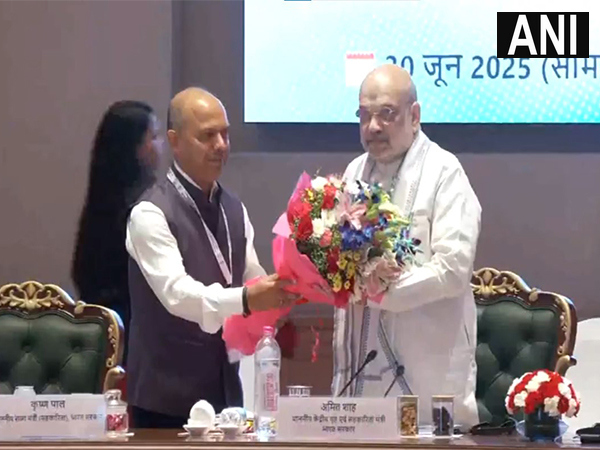India's Cooperative Movement Steering Global Change in 2025
Union Minister Amit Shah leads discussions on India's vital cooperative sector ahead of the International Year of Cooperatives 2025. Highlighting the traditional philosophy of cooperation in India, Shah underscores the impact of organizations like Amul and IFFCO, which empower millions and support economic progress, especially for rural women and farmers.

- Country:
- India
Union Home and Cooperation Affairs Minister Amit Shah on Monday led a crucial 'Manthan Baithak' meeting with cooperative ministers from across States and Union Territories. This meeting was a precursor to commemorating the International Year of Cooperatives 2025, following Shah's address at a significant seminar in Mumbai dedicated to the same event last June.
Amit Shah highlighted the cultural and economic significance of cooperatives in India, emphasizing that cooperation is an ingrained philosophy in India's societal fabric. According to Shah, the cooperative movement, spanning nearly 125 years, has consistently provided support to the country's underprivileged, farmers, rural residents, and women, demonstrating resilience through various challenges.
He pointed out how giants like Amul, IFFCO, KRIBHCO, and NAFED have scripted numerous success stories. Notably, Amul's association with 36 lakh rural women, who initially invested only 100 rupees each, has culminated in an impressive Rs 80,000 crore turnover, with profits directly benefiting these women. Shah also mentioned the pivotal role of cooperatives in ensuring nutritional and economic security, with organizations like NAFED facilitating vital food distribution, underpinning a significant MSP initiative by the government.
With 2025 designated by the United Nations as the 'International Year of Cooperatives' under the theme 'Cooperatives Build a Better World', the initiative aims to highlight and enhance the critical contributions of cooperatives in tackling issues like poverty, unemployment, and social inequality worldwide. (ANI)
(With inputs from agencies.)










